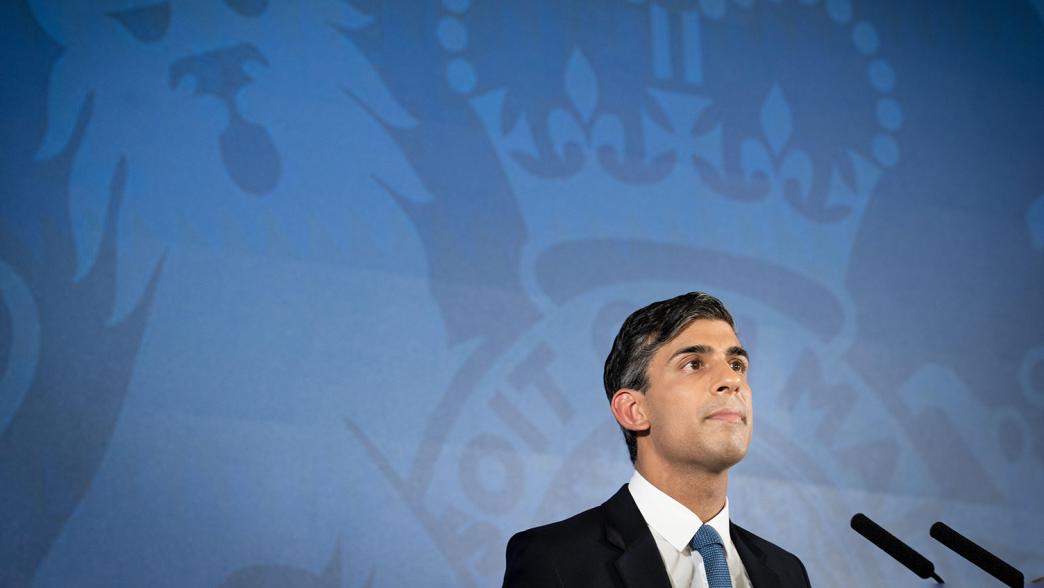Replacing a prime minister during a general election campaign
Rishi Sunak has been asked whether he might quit before the general election takes place.

After being forced to apologise for his decision to leave the D-Day commemorations early, Rishi Sunak was questioned about rumours that he might quit as prime minister before the general election on 4 July. “I am not going to stop”, he insisted, with work and pensions secretary Mel Stride saying there was “no question” of Sunak stepping down.
It would be unprecedented for a prime minister to step down as leader of their political party during a general election campaign. This explainer sets out the constitutional and political challenges.